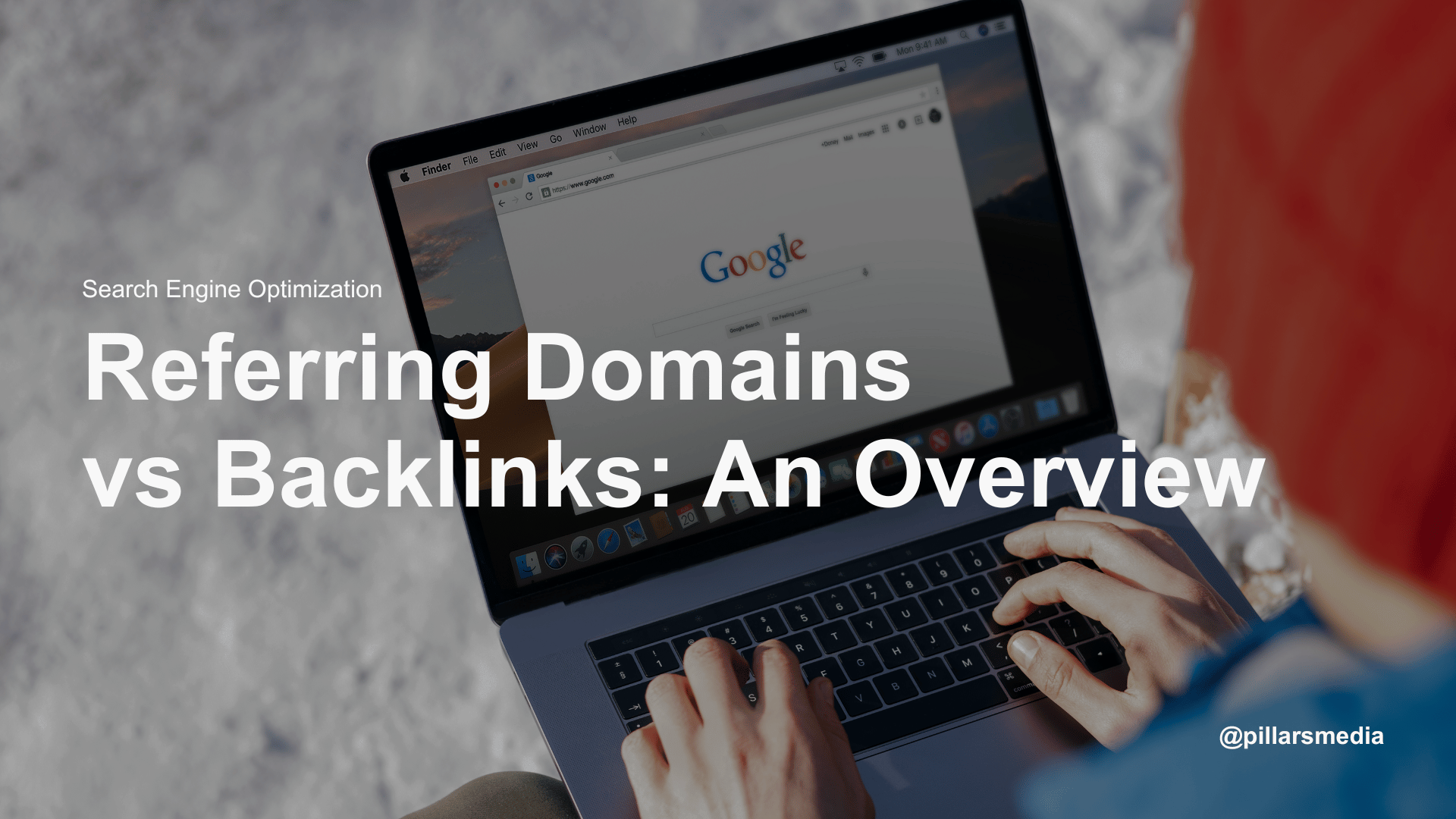What is a backlink?
A backlink, also known as an inbound link, is a link from one website to another. It’s like a vote of confidence, indicating that your content is valuable and worth referencing. Backlinks are essential for SEO because search engines use them to gauge the credibility and relevance of your site.
Example of a backlink
Imagine you have a blog about baking, and a popular food website links to one of your recipes. This link is a backlink for your site. If that same website links to another one of your recipes, you gain another backlink.
What is a referring domain?
A referring domain is a unique website that links to your site. In the world of SEO, these are crucial indicators of your site’s credibility and authority. Unlike backlinks, which count each individual link from a website to your content, referring domains focus on the diversity of sources linking to you.
Example of a referring domain
Continuing with the baking blog example, if “foodlovers.com” links to two of your recipes, “foodlovers.com” is considered one referring domain, even though there are two backlinks.
What's the differences between referring domains and backlinks?
A referring domain counts as one regardless of how many backlinks point to your site from a single domain, while backlinks are counted individually, so two backlinks in a single referring domain would be counted as two inbound links.
For example, if you have two backlinks from abc.com to your website, it still counts as one referring domain.
Which is more important, backlinks or referring domains?
- Diverse link profile
- Diminishing returns
- Trust and authority
1. Diverse link profile
A healthy backlink profile includes links from various domains, which signals to search engines that your content is widely trusted and authoritative. Relying heavily on backlinks from a single domain can look suspicious and may not provide as much SEO value.
2. Diminishing returns
There are diminishing returns on multiple backlinks from a single domain. While it’s great to have a few links from high-authority sites, after a certain point, additional backlinks from the same domain won’t significantly boost your SEO.
3. Trust and authority
Search engines prioritize diversity and quality. A few high-quality backlinks from different referring domains can be more effective than many links from one source. This diversity demonstrates that your content is valued across the web, enhancing your site’s trustworthiness and authority.
Are referring domains and backlinks the same?
To sum up, while referring domains and backlinks are closely related, they are not the same. A backlink is a link from one website to another, while a referring domain is the source domain of the backlink. Both are vital for SEO, but having a diverse range of referring domains generally holds more weight.
Building a robust SEO strategy involves understanding and leveraging both referring domains and backlinks. Aim for a balanced mix to enhance your site’s credibility and search engine ranking. For tailored digital marketing strategies, reach out to us at Pillars Media. We’re here to help you grow your online presence.

